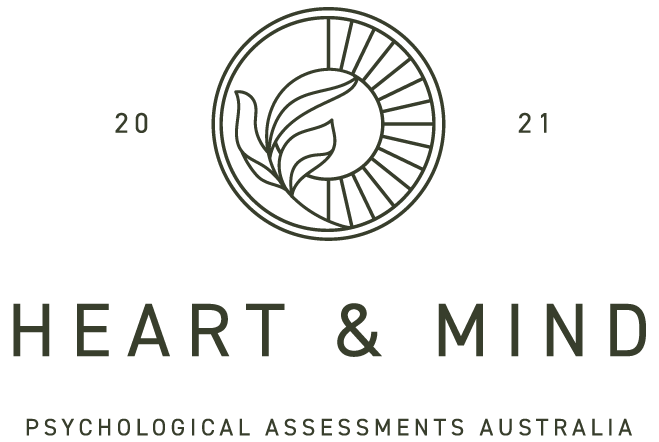Have You Heard of Comprehensive Testing for Adult ADHD?
ADHD is characterised by the inability to pay attention, sit still and becoming easily distracted. There are many ways that this can be diagnosed in adults, as there is no single diagnostic test that can comprehensively determine ADHD. It is possible to use ADHD screening assessment such as Conners Adult ADHD Rating Scales (CAARS), which is used to determine if an individual has symptoms of ADHD (American Psychiatric Association, 2013). However, CAARS often only reaffirms what you would have already detailed in the initial appointment.
Diagnosing in order to begin therapy
It is important to take a comprehensive approach to diagnosing ADHD, including looking beyond the initial symptoms present and exploring what can cause these. The exact cause of ADHD is unknown, but there are many factors that can contribute to one developing ADHD. This include non modifiable factors such as genetics and brain injury. There are also modifiable risk factors such as trauma, memory concerns, anxiety and depression. Although some of these risk factors aren’t reversible, such as trauma and memory concerns, it is possible for the individual to begin therapy to help overcome and resolve trauma as well as develop coping skills for depression and anxiety. Medication can be used in conjunction with therapy where needed. By addressing the underlying conditions contributing to the individual's inability to concentrate, we are able to better treat the subsequent ADHD (Attention-deficit hyperactivity disorder, fourth edition, 2014).
Diagnosis can be a process
Finally, it is not possible to just diagnose a person with ADHD by listening to them during one appointment. This is because the symptoms of ADHD aren’t always visible and present to others, therefore may not necessarily be present during the appointment. It is important for the psychologist to take a detailed history of the individual's life to understand how far these symptoms spanned. Sometimes, with permission of the individual, a psychologist may talk with significant others or family members who know the person well to get a better understanding of the presentation of their ADHD symptoms (The World Federation of ADHD International Consensus Statement, 2021).
It is the combination of the initial CAARS testing, exploring any co-occurring or contributing conditions and taking a detailed personal history that leads to comprehensive ADHD testing. Comprehensive testing allows the psychologist to understand what is unique about your ADHD and create a tailored management plan with you, ensuring you are able to deal with this as best as you can.
If you think that you may have ADHD, please contact one of our friendly psychologists here at Heart and Mind Psychology for a comprehensive ADHD assessment.
References
American Psychiatric Association. (2013) Diagnostic and statistical manual of mental disorders. (5th ed.) American Psychiatric Association
Barkley, RA. (2014). Attention-deficit hyperactivity disorder, fourth edition: A handbook for diagnosis and treatment. New York, NY: Guilford Press.
The World Federation of ADHD International Consensus Statement: 208 Evidence-based conclusions about the disorder. (2021, September). Neuroscience & Behavioural Reviews, 128(1). Elsever. doi:10.1016/j.neubiorev.2021.01.022
